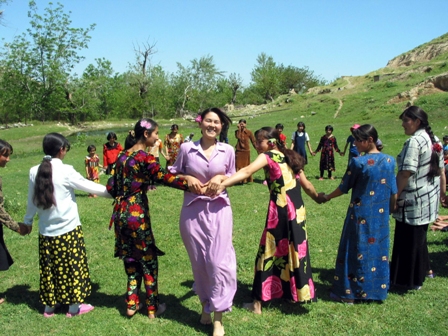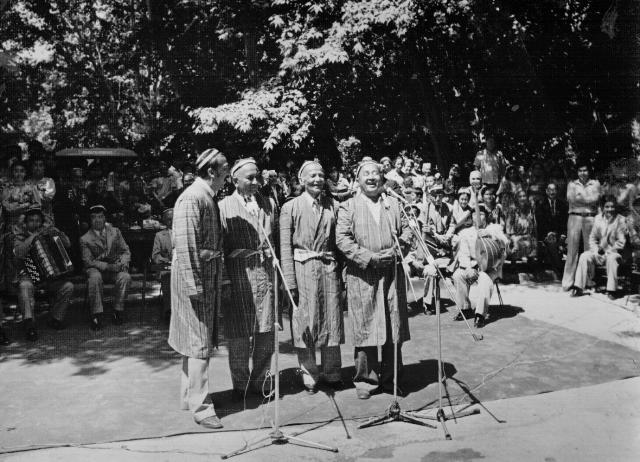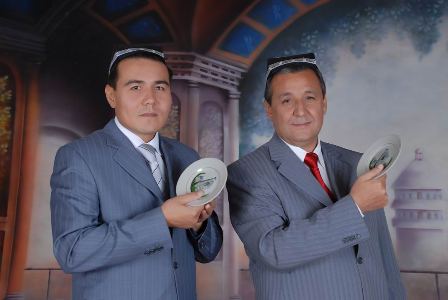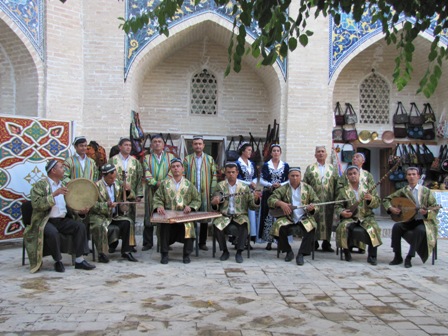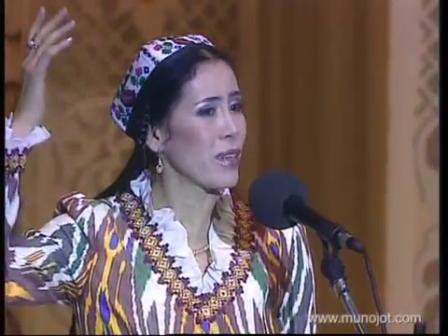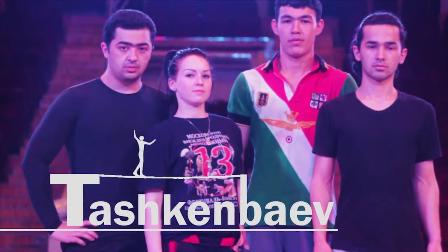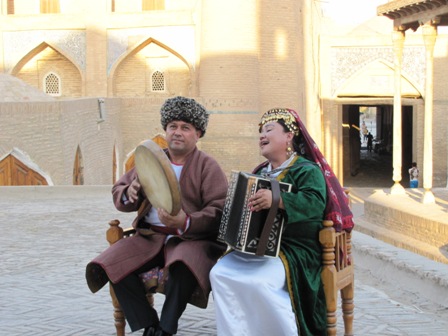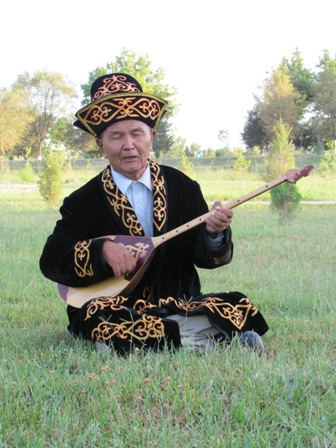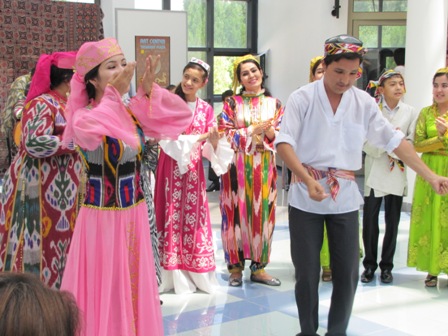Dostons
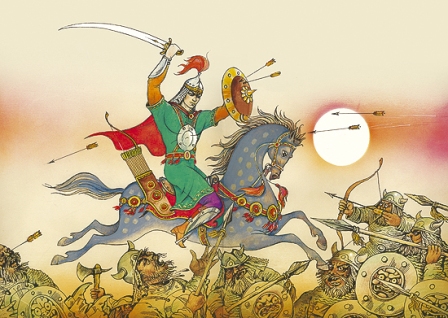
Domain: Oral Traditions and Expressions
Index Number: 01.03
Doston is a lyric-epic genre, a large-sized epic work in oral and written literature. The word "doston" is used in the meaning of "narrative", "story", "adventure", "description" and "praise". As a literary term this word stands for epic works of large size in oral folk art and written literature. Though, dostons of written and oral literature differ significantly from each other in terms of means and methods used in describing and depicting life.
Thus, dostons, which are examples of oral creativity, differ from those which are examples of written literature, with existence of versions (for example, nearly 50 versions of doston "Alpomish", and about 100 dostons from the cycle of "Goroghli" were written down up to present), universality and traditionalism. Dostons, which represent the brightest examples of intangible cultural heritage, are usually mastered, performed and inherited (transmitted) orally. And bakhshis, who are performers of dostons, are called differently across Uzbekistan (see: Folk Storytelling - Bakhshichilik).
Dostons have very ancient historical roots. They, based on the imagination of the people, reflect historical events through generalized characters. Therefore it is possible to observe epic generalization in them. And such a generalization embodies ideals and aspirations of the people about social justice. Hence, typical features of doston are epicism, monumentalism.
In terms of compositional and narrative structure, doston covers complex events and occurrences. These events and occurrences, which are heroic in nature, unite around a single hero, who represents the ideals of the people. And such a hero, who has extraordinary powers, embodies hopes and aspirations of the entire nation.
Thematic as well as genre peculiarities of folk dostons determine their style and form. In other words, in the poetic presentation of a large-sized and extensive doston, which is tightly linked with the melody, typical features are loftiness, solemnity, traditionalism, constant change of poetic and prosaic parts.
Dostons stand out with their large-sized and large-scale coverage, with social, political and ethnic problems raised, acuteness of dramatic plot and existence of many characters. At the core of these works stands the destiny of society and nation; society, nation and hero are depicted as a single whole, and there are no controversies among them. Dostons also describe the struggle of this nation and hero with external enemies, contradiction between good and evil. In them the ideas of patriotism, heroism, humanism, love, friendship, faithfulness and diligence are brought to the forefront.
Idealization and exaggerated descriptions prevail in dostons. Along with these in dostons it is possible to find legends, myths, stories, divs, peris, Khizr, dragons, wonderful horses (for example, the horse named "boychibor" in "Alpomish" doston) and magic. From among Uzbek folk dostons cyclicity is present in such dostons as "Goroghli" and "Rustamkhon", which themselves have a number of versions.
Dostons, based on the content, are divided into the following types: heroic ones ("Alpomish", "Goroghli"), jangnoma or sagas about battles ("Yusuf and Akhmad"), romantic ones ("Malika Ayyor", "Dalli", Kuntughmush"), historical ones ("Khurshidoy", "Shayboniykhon") and book-based ones ("Farkhad and Shirin"). Nevertheless, from the perspective of artistic features, size, content and criteria, heroic and romantic dostons stand out significantly.
The term "heroic" in Uzbek folklore studies is used in two senses. In the broad sense, and in general, it is used in relation to Uzbek epos. In the narrow sense it is used in relation to one of doston types. From among heroic dostons, which reached us in their pure form, it is possible to mention "Alpomish" doston. Notably, one thousandth anniversary of "Alpomish" doston was celebrated worldwide in 1999.
In romantic dostons, elevated, amorous motives are to be found in the whirlpool of fantastic and supernatural adventures of the hero. At the same time, the content of these types of dostons is very complex. As in heroic dostons, in which there are romantic elements, in romantic ones it is possible to observe heroic elements, which are very typical for jangnoma.
The traditions of singing of folk dostons continue to exist to these days. At present many examples of dostons are being documented from bakhshi living and working in Surkhandaya, Kashkadarya, Samarkand and Khoresm regions of Uzbekistan.





